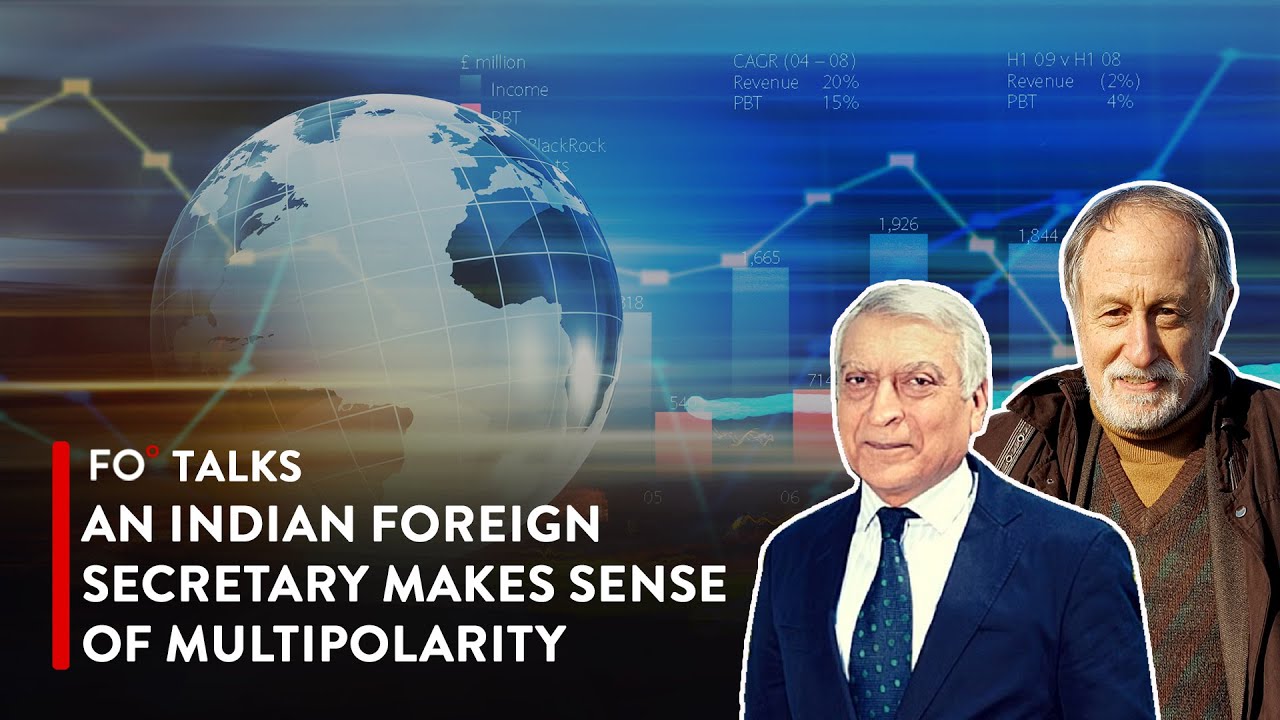“They’ve called me a patent troll but in fact I’m about as far removed from the spectrum as you could possibly get.” So argues British inventor Patrick Racz, who has taken on Apple for copyright infringement. It’s a complex case spanning the past two decades. And it’s taken over his life. But Racz has vowed not to give up.
“They stole my technology and they used it to build the biggest company in the world…. So I will see this through to the end. They’re not going to get away with it.” Remember the days of the iPod, before the iTunes store was invented? That’s when Racz had his lightbulb moment.
A Case of Intellectual Property Theft?
“I’m asked what I invented. I invented particular devices and methods for combining payment functionality, secure downloading, storage and rules for the use of content on portable devices.” In short, Racz invented the backbone of Apple’s iTunes store.
Racz says the problem started when their lead technology partner, a company called Gemplus, “pulled the rug from under our feet” and started claiming the technology as their own. “What I didn’t know at the time was that there were very deep ties and a revolving door between Gemplus and Apple.” The first he knew about Apple using his technology was when it launched its music store in 2003. “That’s when it first got nicked.”
You’d think a patent would have stopped this kind of infringement. But despite applying for a patent back in 1999, it wasn’t granted for a whopping nine years. And by 2008, the genie was out of the bottle.
“I was powerless to do anything,” says Racz. “I had to watch as Apple released product after product after product.” “They took my technology and they created a walled garden. They prevented other device manufacturers from having access to it. And then they taxed everyone at 30%.” It took Racz three years to raise the money to go after Apple.
His company Smartflash filed a lawsuit against Apple in 2013. They went to trial in 2015, and won. “We proved wilful infringement. We proved that Apple stole the technology, we proved that they’d used it extensively.” They also proved that Apple hired a former Gemplus employee as head of digital rights management to implement Racz’s technology. A jury awarded Smartflash $532.9million.
But as Racz puts it, “we just haven’t been paid.”
A Case of Injustice?
Immediately after his victory, Apple released a statement saying that "Smartflash makes no products, has no employees, creates no jobs, has no US presence, and is exploiting our patent system to seek royalties for technology Apple invented. We refused to pay off this company for the ideas our employees spent years innovating and unfortunately we have been left with no choice but to take this fight up through the court system. We rely on the patent system to protect real innovation and this case is one more example of why we feel so strongly Congress should enact meaningful patent reform."
Apple appealed the verdict at both the Patent Trial Appeal Board (PTAB) and the Court of Appeal for the Federal Circuit. This time, it was their turn to win.
“It was rigged,” says Racz. “It transpires that the judges at the Patent Trial Appeal Board were ex-lawyers working for the defendants.” He also claims that the panel of judges at the Court of Appeal for the Federal Circuit was switched at the last minute—to those with close ties to Apple.
“This is no longer a case about patent infringement… It’s about more than that.” “The US patent system has been the subject of regulatory capture. The PTAB is owned, operated and managed by Big Tech. It’s a kangaroo court.”
So where does he go from here? Does he count his losses or double down to fight both Big Tech and the US patents system? You guessed it—both. There isn’t an active case yet but Racz is preparing for more litigation.
Does he ever think about giving up? “Never,” Racz says. “I’ve taken on four of the ten largest companies in the world and the USPTO so you’d think they realize that I don’t give up easily.” He goes on to say: “This is my legacy. And the legacy for my family who’ve suffered through this too. So we’re going to see this through.”
Time will tell if David overcomes Goliath in the 21st century.
The views expressed in this article/video are the author’s own and do not necessarily reflect Fair Observer’s editorial policy.



























